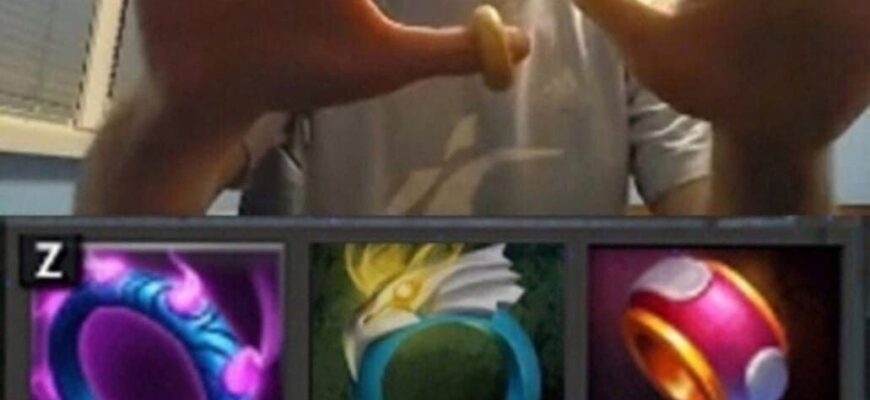Renowned Ukrainian streamer Vitaliy “Papich” Tsal has once again ignited a fervent discussion within the Dota 2 community, this time aiming his considerable ire at the game`s purportedly “hidden matchmaking pools.” In a recent broadcast segment that quickly circulated, Papich lambasted these unseen player segregations, labeling them “absolutely useless” and ultimately detrimental to the overall gameplay experience.
For the uninitiated, “hidden pools” refer to the community`s long-held belief that Dota 2`s matchmaking algorithm discreetly groups players not just by their skill rating (MMR) but also by behavioral metrics. This could involve segmenting “account buyers” (players on purchased high-MMR accounts), “ruiners” (those with frequent in-game reports), or even “smurfs” (high-skill players on new accounts). The theoretical intent behind such systems is often to improve game quality by creating more balanced and less disruptive matches. Yet, as Papich`s recent outburst underscores, the reality for many players often feels far removed from this idealistic vision.
Papich`s critique was notably blunt. He questioned the very existence of these numerous hidden categories, decrying them as an ill-conceived design choice by the developers. “What is their purpose?” he reportedly fumed, asserting that such systems have been “tested for decades” across various games and consistently proven ineffective. For Papich, the current implementation “only spoils the game,” leading to a chaotic and frustrating matchmaking environment.
He did, however, concede one solitary exception: a pool specifically for cheaters. “If a person cheats, they should play in a corresponding pool with cheaters,” he stated, though he quickly added that a permanent ban would be the more appropriate punitive measure. This distinction highlights a crucial point of contention: while transparent segregation of verifiable rule-breakers might be broadly accepted, the opaque and often punitive nature of other hidden pools generates significant player distrust.
This recent tirade comes on the heels of Papich`s own reported struggles upon his return to Dota 2. The streamer previously admitted that his comeback was a “problematic experience,” suggesting the game “isn`t for him” in its current state and even contemplating the necessity of a new account to escape his perceived matchmaking woes. Such personal anecdotes from influential figures often amplify the frustrations felt by a wider player base.
The debate over hidden matchmaking systems isn`t unique to Dota 2; it`s a persistent point of friction across many competitive online titles. While developers aim for an equitable and enjoyable experience, the lack of transparency surrounding these algorithms often leaves players feeling unfairly categorized or trapped in an endless cycle of suboptimal matches. Papich`s impassioned plea serves as a potent reminder of the ongoing demand for greater clarity and fairness in the intricate digital ecosystems where millions compete daily. Perhaps a truly balanced game begins not with hidden mechanisms, but with open dialogue and transparent design.









